“Stainless Steel Rule” has been added to your cart. View cart
Adjustable Try Square
$6,040.00 Original price was: $6,040.00.$5,540.00Current price is: $5,540.00.
WhatsApp Order
An adjustable try square is a precision measuring tool used in woodworking, metalworking, and other trades to check and mark right angles accurately. Unlike a fixed try square, an adjustable try square allows the user to set the blade at different angles, providing versatility in measuring and marking various angles besides 90 degrees. This adjustable feature enhances the tool’s functionality and makes it a valuable asset for tasks that require precise and customizable angle measurements.
SKU:
AHS63614
Category: Measuring Tools
Description
Adjustable Try Square Uses
- Checking and Marking Right Angles:
- The primary purpose of an adjustable try square is to check and mark right angles accurately. Woodworkers and metalworkers use it to ensure that edges and surfaces are perpendicular to each other.
- Measuring and Marking Angles Other Than 90 Degrees:
- The adjustable feature allows users to set the blade at different angles, making it useful for measuring and marking angles other than 90 degrees. This flexibility is crucial in tasks where non-standard angles are required.
- Setting and Checking Miter Angles:
- Woodworkers often use adjustable try squares to set and check miter angles when cutting bevels or creating joints, such as those used in frame and furniture construction.
- Layout and Marking for Joinery:
- The precision of an adjustable try square is essential for laying out and marking joinery, including mortise and tenon joints, dovetails, and other intricate woodworking connections.
- Ensuring Squareness in Assembly:
- During the assembly of woodworking or metalworking projects, an adjustable try square helps ensure that components are assembled with precise right angles, contributing to the overall accuracy and quality of the finished product.
- Checking Machinery Setup:
- Machinists and metalworkers use adjustable try squares to check the alignment and setup of machinery. This ensures that cutting tools and workpieces are positioned correctly for accurate machining operations.
- Quality Control in Manufacturing:
- In manufacturing settings, adjustable try squares play a role in quality control by verifying the accuracy of components and ensuring that they meet specified geometric requirements.
- Carpentry and Framing:
- Carpenters use adjustable try squares for framing and layout work. Ensuring squareness is crucial in tasks such as framing walls, installing doors and windows, and constructing various wooden structures.
- Marking and Layout in DIY Projects:
- DIY enthusiasts and hobbyists find adjustable try squares handy for accurate marking and layout in a variety of projects, including home improvement tasks and crafting.
Reviews (0)
Be the first to review “Adjustable Try Square” Cancel reply
Related products
Box Beam Spirit Level Pro – Magnetic
A Box Beam Spirit Level Pro - Magnetic is a precision measurement tool used in construction and carpentry to determine the levelness or plumbness of surfaces. It typically consists of a rectangular or box-shaped aluminum or metal frame, containing a horizontal bubble vial and one or more vertical bubble vials. The level is equipped with magnets that allow it to adhere securely to metal surfaces, providing stability during measurements.
The box beam design enhances the level's durability and resistance to bending or twisting, ensuring accurate readings over time. The inclusion of a magnetic feature allows the level to easily and securely attach to metal structures, facilitating hands-free operation and increasing efficiency in various applications. Overall, a Box Beam Spirit Level Pro - Magnetic is a versatile and reliable tool for achieving precise leveling and plumbing in construction and woodworking projects.
Combination Square
A combination square is a versatile measuring tool used in woodworking, metalworking, and other precision tasks. It typically consists of a ruler with a sliding adjustable square head that can be locked at different angles along the length of the ruler. The square head can be used as a 90-degree square for checking or marking right angles, or it can be positioned at other angles to measure and mark various angles accurately. The ruler often has markings in both imperial and metric units, providing flexibility for different measurement systems. Additionally, combination squares may have a level bubble for ensuring horizontal or vertical alignment.
Combination Try Square
A Combination Try Square is a versatile measuring tool used in woodworking and metalworking to ensure the accuracy of right angles and measure or check the squareness of edges and surfaces. It typically consists of a ruler or blade attached to a handle at a 90-degree angle, allowing for both linear measurements and the verification of perpendicular angles. The "combination" aspect often refers to additional features, such as a spirit level or an adjustable head, which enhances its functionality for various precision tasks.
Heavy-duty Try Square
A Heavy-duty try square with Powder Metallurgy Base is a high-quality, durable measuring tool with a precision- machined blade and a base crafted through powder metallurgy techniques. It is designed for accurate right-angle measurements in woodworking and metalworking, offering versatility and reliability in hardware applications.
I-Beam Spirit level – Magnetic
A magnetic I-Beam Spiritlevel is a precision measuring tool designed for construction and carpentry, featuring an elongated "I-beam" shape. It incorporates a spirit vial, containing a liquid and an air bubble, enabling users to visually determine the levelness or plumbness of surfaces. The distinctive characteristic of this level is its magnetic hardware, allowing secure attachment to ferrous metal surfaces. This magnetic feature enhances stability and facilitates hands-free operation, ensuring accurate and reliable measurements for tasks such as aligning structures, installing fixtures, or leveling surfaces in a variety of applications.
Protractor
A protractor is a measuring instrument used in geometry and mathematics to quantify angles. It typically consists of a flat, semicircular or circular tool made of transparent or opaque material, marked with degree measurements from 0 to 180 or 0 to 360. The center of the protractor usually has a pivot point, allowing it to be placed at the vertex of an angle for accurate measurement. Users align the protractor's baseline with one side of the angle and read the degree value where the other side intersects the protractor scale to determine the angle's measurement. Protractors come in various designs, including simple plastic versions for basic measurements and more advanced models with additional features for specific applications.
PVC Measuring Tape
A PVC measuring tape is a flexible, retractable tool used for measuring length or distance. It typically consists of a strip of polyvinyl chloride (PVC) material marked with calibrated measurements, such as inches or centimeters. The tape is housed in a compact case equipped with a mechanism that allows it to be extended for use and retracted for storage. PVC measuring tapes are commonly employed in various applications, including construction, carpentry, sewing, and other tasks where precise measurements are essential. The durable and water-resistant nature of PVC makes these tapes suitable for both indoor and outdoor use.
Steel Long Tape
A steel long tape is a measuring tool used in construction, surveying, and various other applications to accurately determine distances. It typically consists of a flexible, steel tape encased in a durable housing with a mechanism for easy winding and unwinding. The tape is marked with precise measurements, usually in feet or meters, allowing users to measure lengths with a high degree of accuracy. The steel construction provides durability and resistance to stretching, making it suitable for demanding outdoor environments. Steel long tapes are commonly used by professionals in fields such as carpentry, architecture, civil engineering, and land surveying.


 Acrylic Sealants
Acrylic Sealants Adhesive Application Tools
Adhesive Application Tools Construction Adhesives
Construction Adhesives Double-Sided Tape
Double-Sided Tape Masking Tape
Masking Tape Epoxy & Resins
Epoxy & Resins Duct Tape
Duct Tape Electrical Tape
Electrical Tape
 Auto Body Repair Tools
Auto Body Repair Tools Automotive Wrenches & Socket Sets
Automotive Wrenches & Socket Sets Battery Chargers & Jump Starters
Battery Chargers & Jump Starters Car Jacks & Stands
Car Jacks & Stands Car Wash & Detailing Products
Car Wash & Detailing Products Diagnostic Tools
Diagnostic Tools Tire Inflators & Wheel Tools
Tire Inflators & Wheel Tools Oil & Lubricants
Oil & Lubricants Vehicle Lighting
Vehicle Lighting Suspension Tools
Suspension Tools Vehicle Maintenance Tools
Vehicle Maintenance Tools
 Adhesives & Sealants
Adhesives & Sealants Bricks & Blocks
Bricks & Blocks Cement & Concrete
Cement & Concrete Drywall & Plaster
Drywall & Plaster Insulation Materials
Insulation Materials Roofing Materials
Roofing Materials Paints, Primers & Coatings
Paints, Primers & Coatings Marking & Layout Tools
Marking & Layout Tools Quarry Machinery
Quarry Machinery
 Electric Motors
Electric Motors Electrical Boxes & Panels
Electrical Boxes & Panels Electrical Cables & Wires
Electrical Cables & Wires Extension Cords & Power Strips
Extension Cords & Power Strips Fuses & Relays
Fuses & Relays Lighting Fixtures & Bulbs
Lighting Fixtures & Bulbs Conduit & Fittings
Conduit & Fittings Cable Management
Cable Management Measuring & Test Equipment
Measuring & Test Equipment Circuit Breakers
Circuit Breakers Connectors & Terminals
Connectors & Terminals Switches & Sockets
Switches & Sockets
 Screws
Screws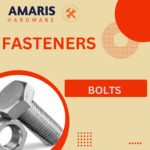 Bolts
Bolts Nuts
Nuts Washers
Washers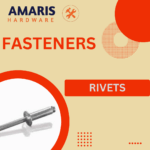 Rivets & Riveter
Rivets & Riveter Anchors
Anchors Nails
Nails Threaded Rods
Threaded Rods Clips & Clamps
Clips & Clamps
 Garden Fencing
Garden Fencing Garden Furniture Hardware
Garden Furniture Hardware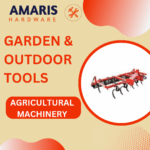 Agricultural Machinery
Agricultural Machinery Lawn Mowers
Lawn Mowers Trimmers & Edgers
Trimmers & Edgers Shovels & Spades
Shovels & Spades Rakes & Hoes
Rakes & Hoes Pruning Shears & Loppers
Pruning Shears & Loppers Watering Systems
Watering Systems Digging Equipment
Digging Equipment Pond Equipment
Pond Equipment
 Generator Accessories
Generator Accessories Inverters
Inverters Diesel & Gasoline Generators
Diesel & Gasoline Generators Power Inverters
Power Inverters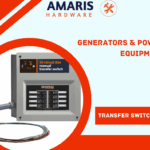 Transfer Switches
Transfer Switches Portable Generators
Portable Generators Air Compressor
Air Compressor Pressure Washers
Pressure Washers Water Pumps
Water Pumps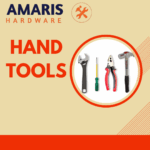
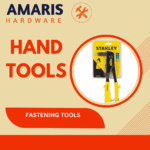 Fastening Tools
Fastening Tools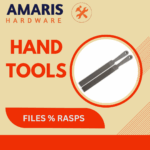 Files & Rasps
Files & Rasps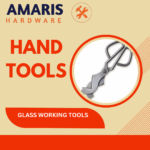 Glass working Tools
Glass working Tools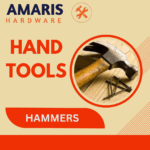 Hammers
Hammers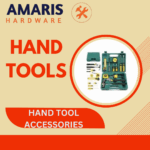 Hand Tool Accessories
Hand Tool Accessories Screwdrivers
Screwdrivers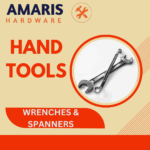 Wrenches & Spanners
Wrenches & Spanners Pliers & Cutters
Pliers & Cutters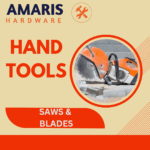 Saws & Blades
Saws & Blades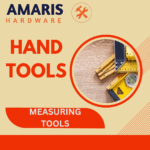 Measuring Tools
Measuring Tools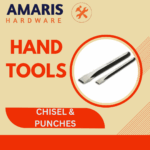 Chisels & Punches
Chisels & Punches Allen Keys & Hex Keys
Allen Keys & Hex Keys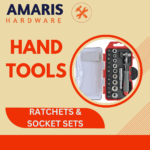 Ratchets & Socket Sets
Ratchets & Socket Sets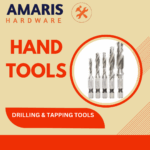 Drilling & Tapping Tools
Drilling & Tapping Tools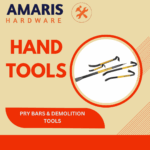 Pry Bars & Demolition Tools
Pry Bars & Demolition Tools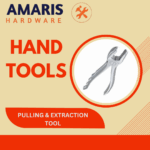 Pulling & Extraction Tools
Pulling & Extraction Tools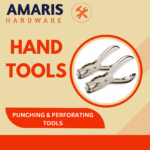 Punching & Perforating Tools
Punching & Perforating Tools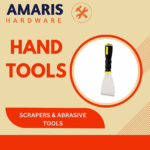 Scrapers & Abrasive Tools
Scrapers & Abrasive Tools Utility Knives
Utility Knives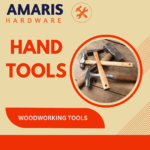 Woodworking Tools
Woodworking Tools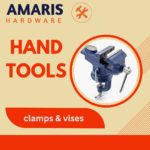 Clamps & Vises
Clamps & Vises
 Hinges & Latches
Hinges & Latches Hooks & Brackets
Hooks & Brackets Door Handles & Locks
Door Handles & Locks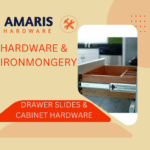 Drawer Slides & Cabinet Hardware
Drawer Slides & Cabinet Hardware Window Hardware
Window Hardware Chains & Cables
Chains & Cables Casters & Wheels
Casters & Wheels Shelving & Storage Systems
Shelving & Storage Systems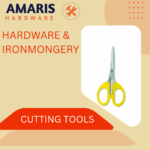 Cutting Tools
Cutting Tools
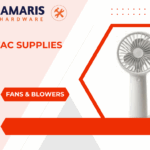 Fans & Blowers
Fans & Blowers HVAC Filters
HVAC Filters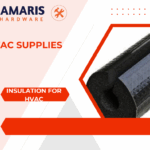 Insulation for HVAC
Insulation for HVAC Air Conditioners
Air Conditioners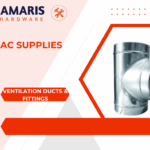 Ventilation Ducts & Fittings
Ventilation Ducts & Fittings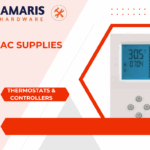 Thermostats & Controllers
Thermostats & Controllers Refrigerants
Refrigerants
 Food Processing Machinery
Food Processing Machinery Gaskets & Seals
Gaskets & Seals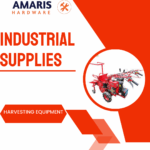 Harvesting Equipment
Harvesting Equipment Hydraulic Fittings
Hydraulic Fittings Industrial Fasteners
Industrial Fasteners Industrial Hoses
Industrial Hoses Bearings & Bushings
Bearings & Bushings Belts & Pulleys
Belts & Pulleys Lubricants & Greases
Lubricants & Greases Metal Sheets & Bars
Metal Sheets & Bars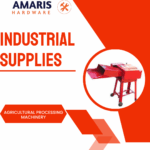 Agricultural Processing Machinery
Agricultural Processing Machinery Poultry Processing Equipment
Poultry Processing Equipment
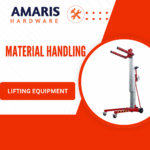 Lifting Equipment
Lifting Equipment Transport Equipment
Transport Equipment Storage Solutions
Storage Solutions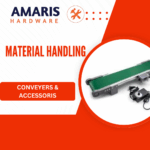 Conveyors and Accessories
Conveyors and Accessories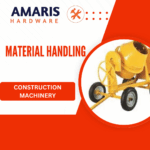 Construction Machinery
Construction Machinery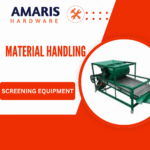 Screening Equipment
Screening Equipment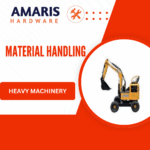 Heavy Machinery
Heavy Machinery
 Paint Brushes & Rollers
Paint Brushes & Rollers Paint Sprayers & Accessories
Paint Sprayers & Accessories Paint Strippers & Thinners
Paint Strippers & Thinners Paint Trays & Accessories
Paint Trays & Accessories Primers & Undercoats
Primers & Undercoats Interior Paints
Interior Paints Exterior Paints
Exterior Paints Varnishes & Stains
Varnishes & Stains Spray Paints
Spray Paints
 Pipes & Fittings
Pipes & Fittings Plumbing Tools
Plumbing Tools Pumps & Motors
Pumps & Motors Valves & Taps
Valves & Taps Faucets & Fixtures
Faucets & Fixtures Hoses & Tubing
Hoses & Tubing Water Heaters
Water Heaters Drainage Systems
Drainage Systems Sealants & Adhesives for Plumbing
Sealants & Adhesives for Plumbing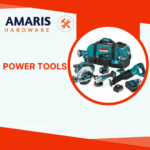
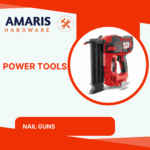 Nail Guns
Nail Guns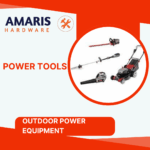 Outdoor Power Equipment
Outdoor Power Equipment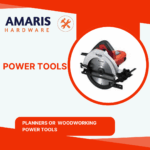 Planers or Woodworking Power Tools
Planers or Woodworking Power Tools Pneumatic Tool
Pneumatic Tool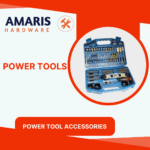 Power Tool Accessories
Power Tool Accessories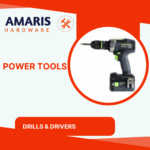 Drills & Drivers
Drills & Drivers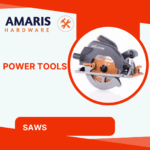 Saws
Saws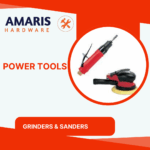 Grinders & Sanders
Grinders & Sanders Heat Guns
Heat Guns Impact Wrenches
Impact Wrenches Batteries & Chargers
Batteries & Chargers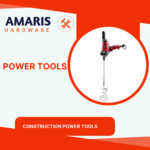 Construction Power Tools
Construction Power Tools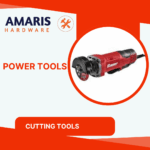 Cutting Tools
Cutting Tools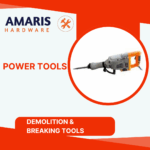 Demolition & Breaking Tools
Demolition & Breaking Tools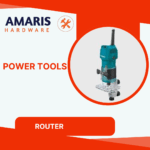 Router
Router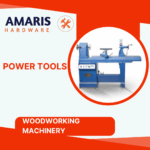 Woodworking Machinery
Woodworking Machinery
 Safes
Safes Security Cameras
Security Cameras Personal Protective Equipment (PPE)
Personal Protective Equipment (PPE) Fire Safety Equipment
Fire Safety Equipment Locks & Padlocks
Locks & Padlocks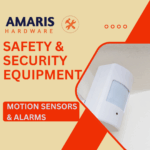 Motion Sensors & Alarms
Motion Sensors & Alarms
 Shelving Units
Shelving Units Storage Bins & Containers
Storage Bins & Containers Toolboxes & Tool Chests
Toolboxes & Tool Chests Pegboards & Hooks
Pegboards & Hooks Workbenches
Workbenches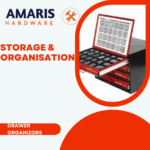 Drawer Organizers
Drawer Organizers Labeling Supplies
Labeling Supplies
 Flux & Solder Wire
Flux & Solder Wire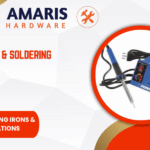 Soldering Irons & Stations
Soldering Irons & Stations Welding Accessories
Welding Accessories Welding Electrodes & Rods
Welding Electrodes & Rods Welding Helmets & Gloves
Welding Helmets & Gloves Welding Machines
Welding Machines Welding Safety Equipment
Welding Safety Equipment Gas Equipment – Regulators & Gauges
Gas Equipment – Regulators & Gauges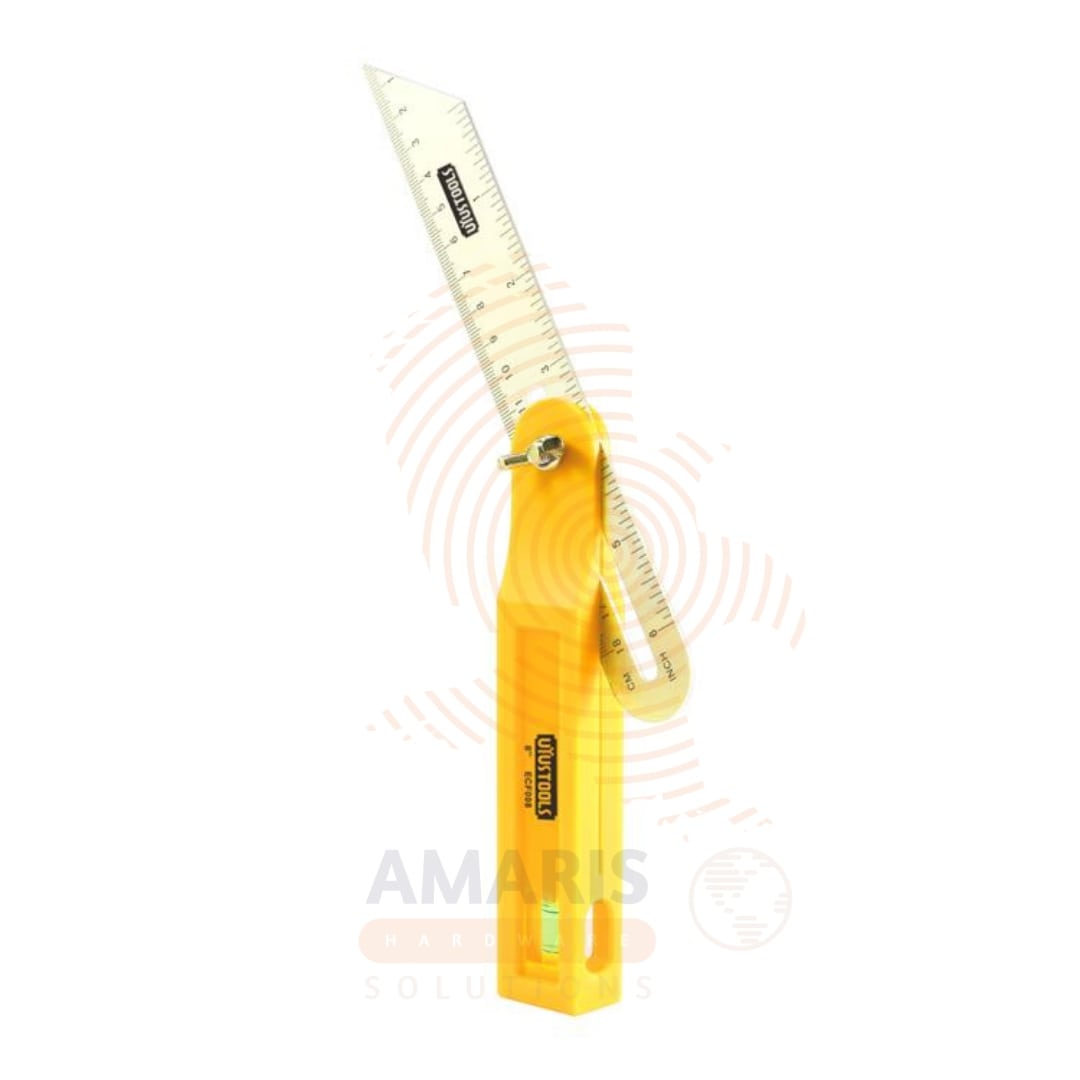
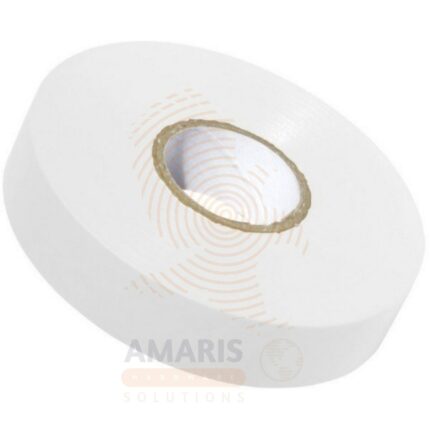
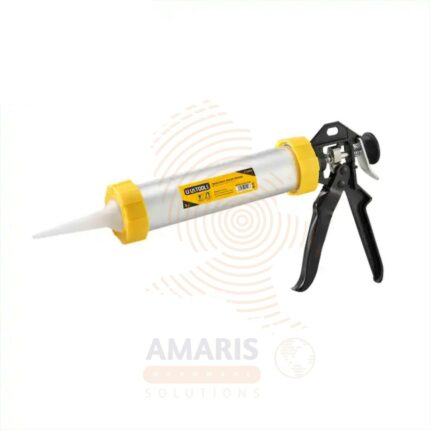

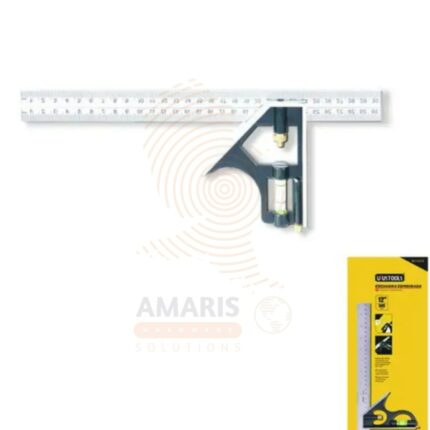
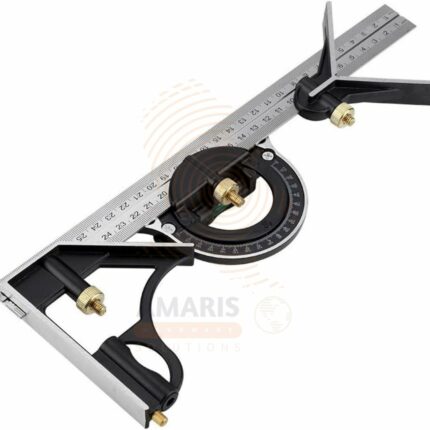
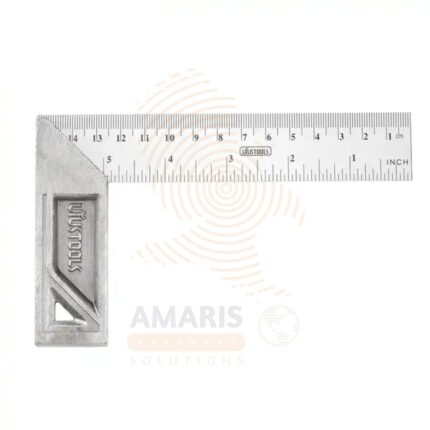
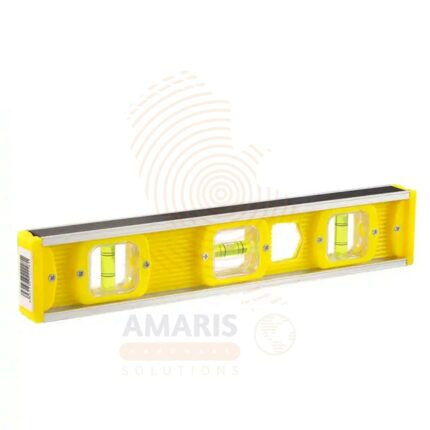
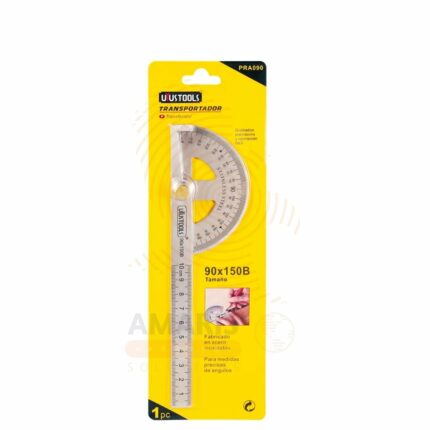
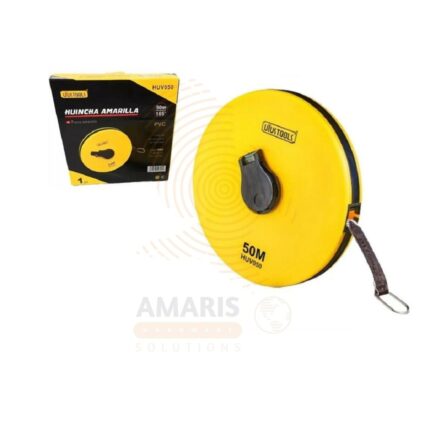
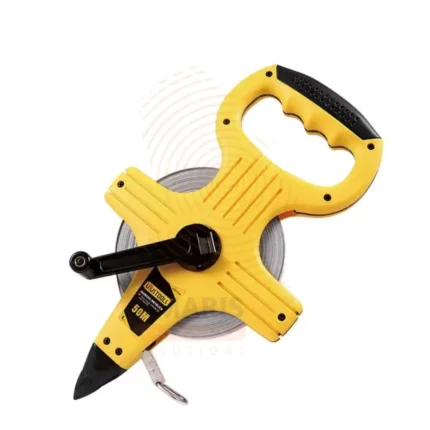

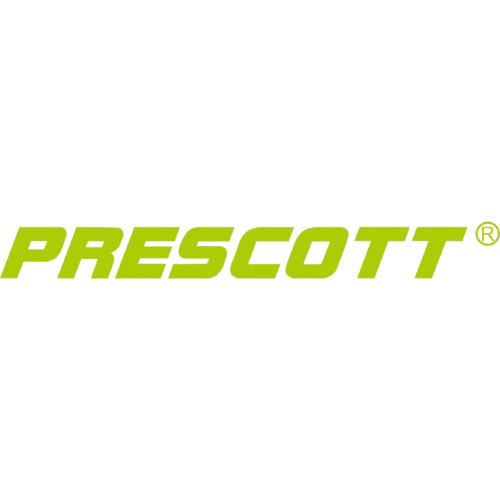

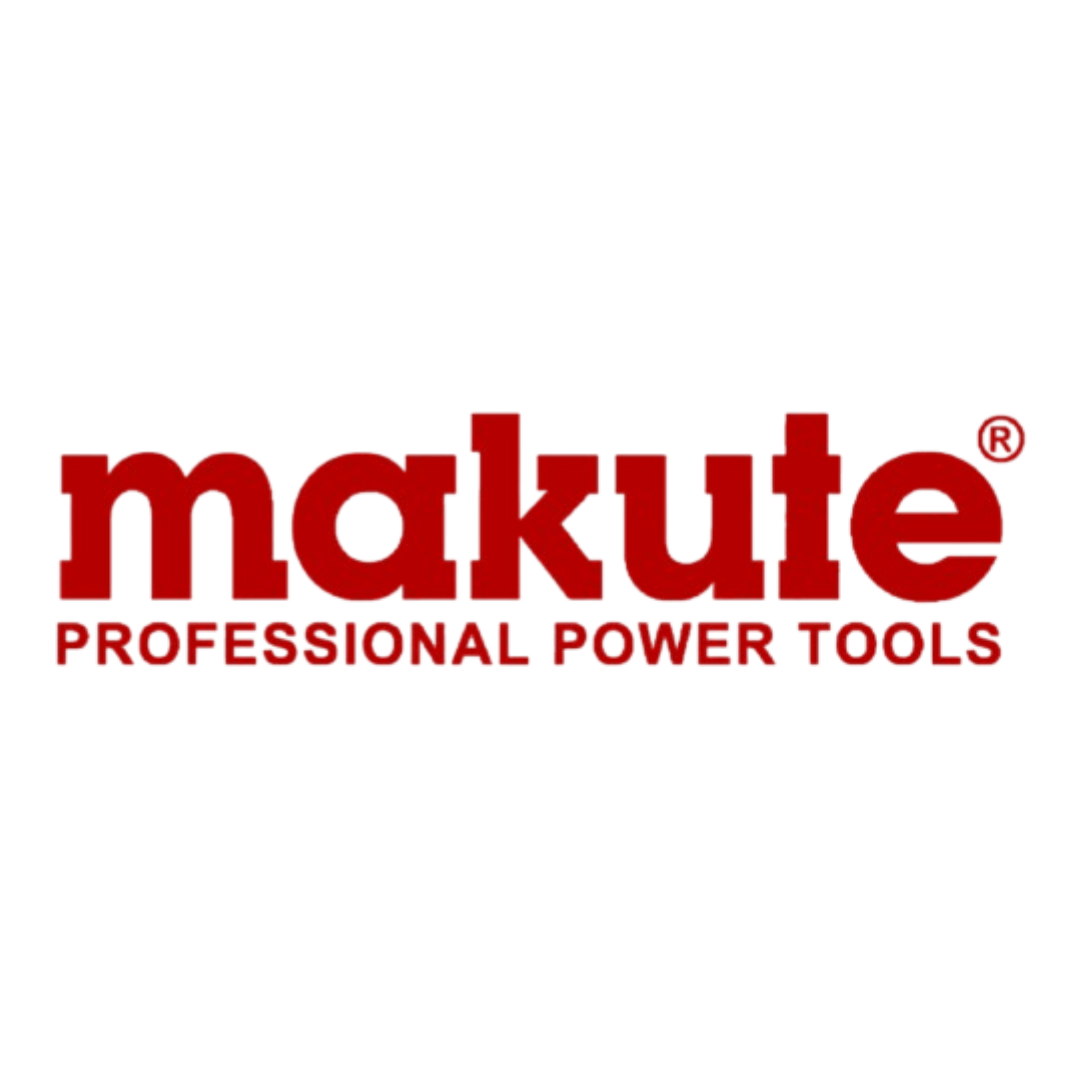
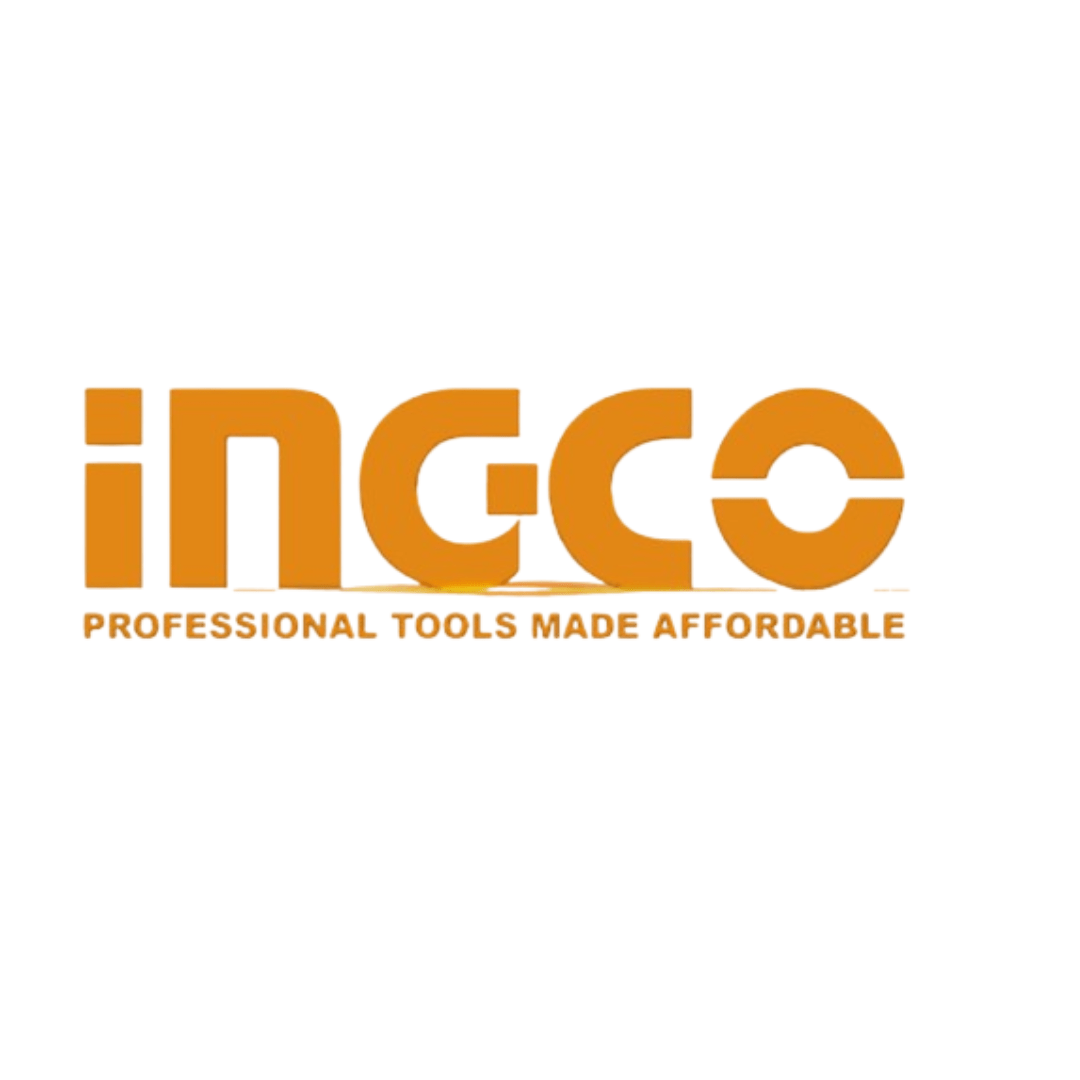
Reviews
There are no reviews yet.